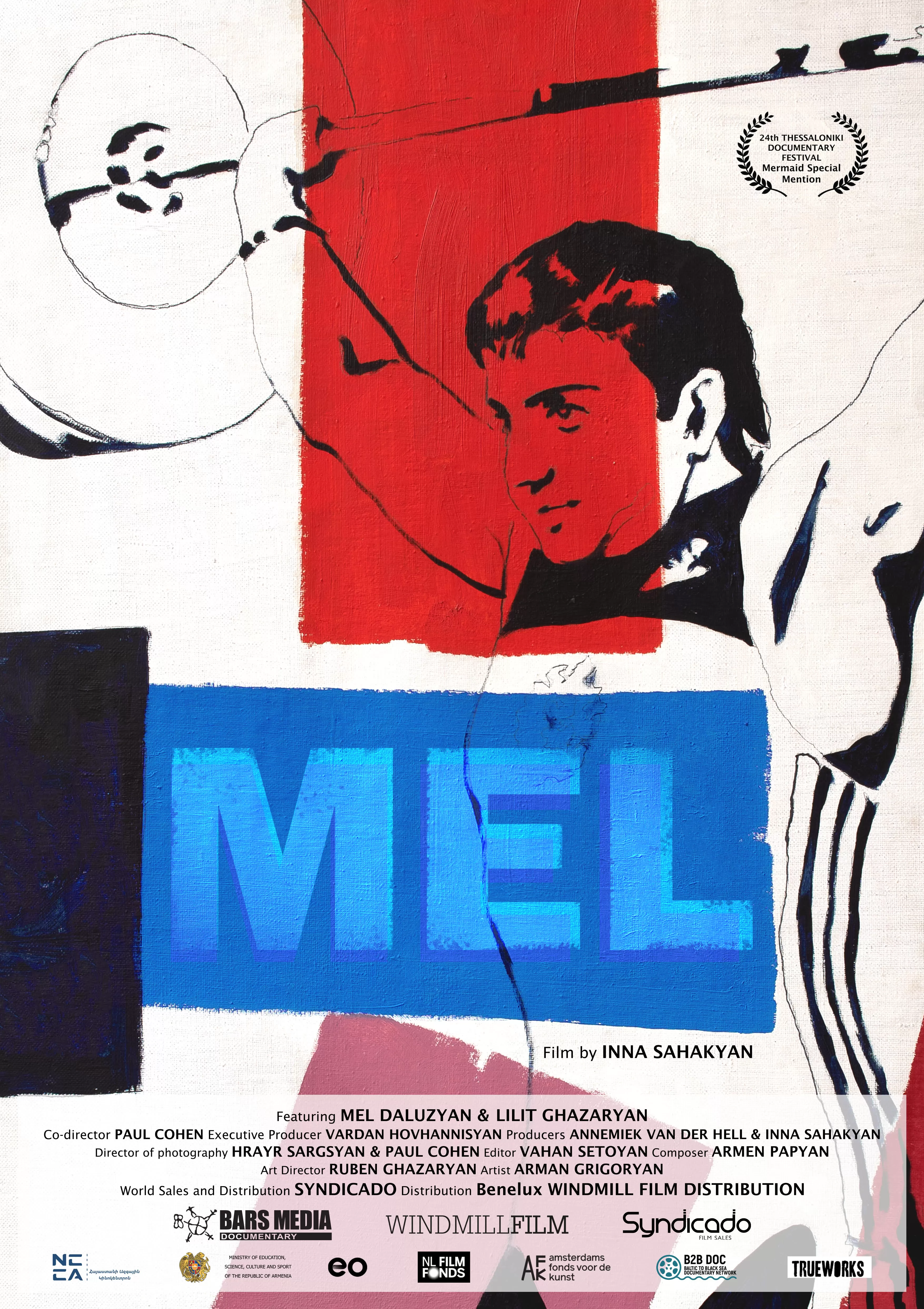Introduction
I still remember the first time I stumbled across the name Mel Daluzyan. It was a headline about an Armenian weightlifter breaking records, a story that seemed almost mythic in its simplicity—until I learned about the storm that followed. In Inna Sahakyan’s documentary Mel, we’re invited into the whirlwind life of a champion whose journey from national hero to outcast is as raw as it is heartbreaking. This isn’t just a sports documentary; it’s a deeply personal tale about identity, love, and the price of authenticity. Watching Mel’s story unfold, I found myself both inspired and unsettled, wondering: how much must one person give up just to be themselves?
Review
Mel Daluzyan’s story is the kind that sticks with you, lingering in the mind long after the credits roll. Once hailed as Armenia’s pride—the first woman from the country to snag a medal at the World Weightlifting Championships in 2006—Mel’s rise was meteoric. But fame, as we know, can be a double-edged sword. When Mel’s transgender identity became public, the applause faded, replaced by whispers and, eventually, outright hostility. It’s gut-wrenching to watch a nation’s darling become its scapegoat overnight.
The film doesn’t shy away from the tough stuff. Mel’s journey isn’t just about lifting weights; it’s about shouldering the crushing burden of societal expectations. There’s a scene where Mel, now living in the Netherlands, finally sees the possibility of gender transition within reach. The relief on his face is palpable, but so is the exhaustion. I couldn’t help but feel the weight of every sacrifice—leaving behind family, friends, and the very country that once cheered him on.

But Mel isn’t just Mel’s story. It’s also about Lilit, his partner, who’s thrust into the spotlight alongside him. Their relationship is messy, complicated, and achingly real. The documentary spends a lot of time exploring the cracks and crevices of their love, especially as they navigate therapy sessions and the relentless pressure of being outsiders in a new land. Lilit’s struggle is its own quiet tragedy—torn between supporting Mel and mourning the life she left behind. I found myself rooting for her, even as I wondered how much one heart can bear.
What struck me most was how the film captures the shifting sands of masculinity. In Armenia, Mel was forced into a box that never fit. In the Netherlands, he’s free to be himself, but new challenges emerge—emotional walls, the subtle tug-of-war for control in his relationship, and the ever-present shadow of ambition. It’s a fascinating, sometimes frustrating, dance between old traditions and new freedoms.
There’s a certain poetry in the way the documentary is shot. The camera lingers on small moments—a hand gripping a barbell, a quiet glance between lovers, the cold gray light of a Dutch morning. These details made me feel like I was right there with Mel, breathing in the tension, the hope, the heartbreak.
And yet, I have to admit, I was left wanting more. Maybe it’s because stories about trans men are still so rare, or maybe it’s because the film chooses not to dig too deeply into the politics of being trans. Instead, it lets the everyday struggles speak for themselves. Is that enough? I’m not sure. But I do know that Mel’s courage, and Lilit’s steadfastness, are things I won’t soon forget.
In the end, Mel is a love story—about a man’s devotion to his sport, his partner, and, ultimately, himself. It doesn’t offer easy answers, and maybe that’s the point. Life, after all, is rarely tidy. Watching Mel pick up the pieces and start training again after surgery, I felt a surge of hope. Maybe, just maybe, there’s a place in this world for all of us, if we’re brave enough to claim it.


The way the film captures Mel’s shift from national hero to outcast was really compelling—the scene where public admiration turns to hostility especially stuck with me. It’s a harsh reminder of how visibility can cut both ways, though I wonder if the documentary fully explores her support systems. Either way, it’s an important story told with nuance.